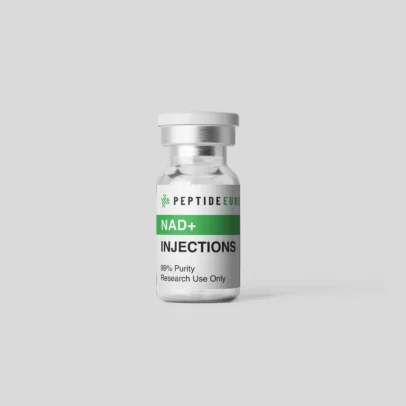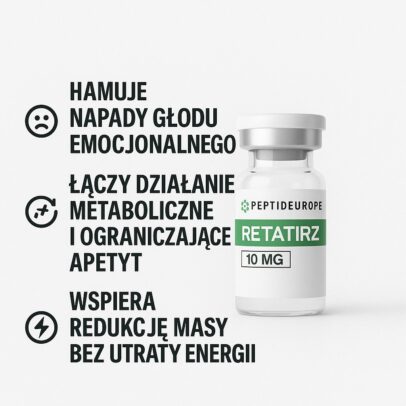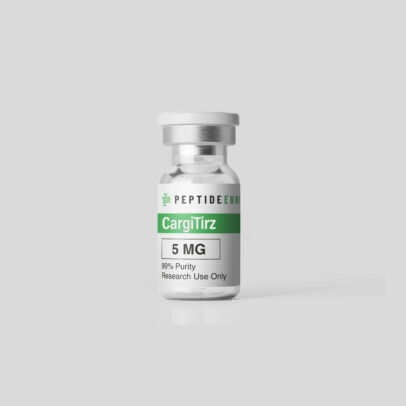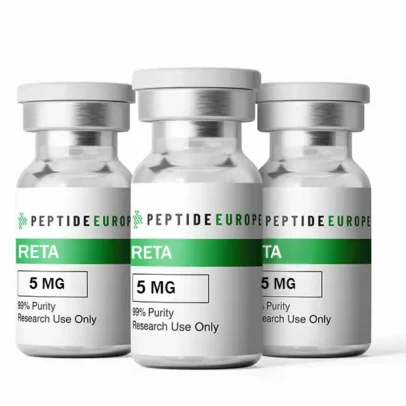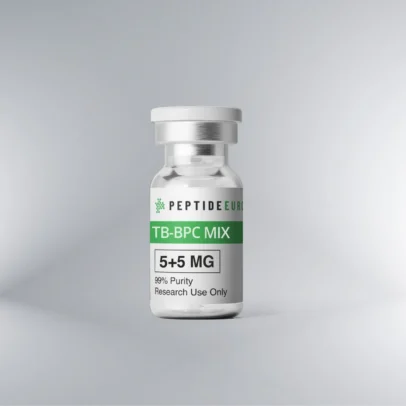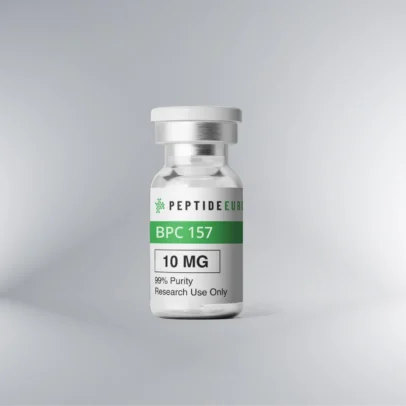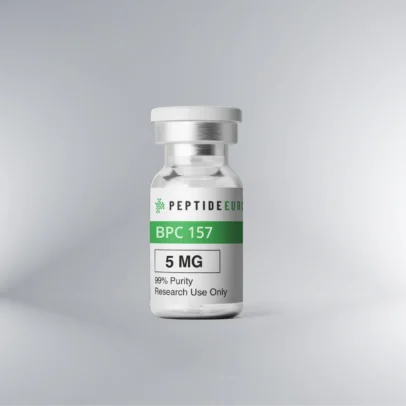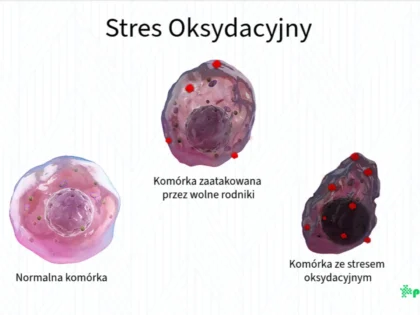Peptides and Fat Loss: The Science of Weight Loss in 2025
-
PepEurope
- Posted on
- 0 comments

In the search for effective weight management methods, scientists have discovered the role of peptides in promoting fat loss. Peptides, short chains of amino acids, have attracted attention for their ability to regulate metabolism, suppress appetite, and promote muscle growth. With obesity on the rise worldwide, peptide therapies offer new hope for lasting weight loss. This article explains how peptides help reduce body fat, what types are available, and what their advantages and limitations are.
Understanding Peptides and Their Role in the Body for Fat Loss
Peptides are naturally occurring compounds in the body that are created by combining amino acids. Peptides act as signaling molecules, influencing many physiological processes, including hormone regulation, immune system responses, and tissue repair. They differ from proteins in that they have shorter amino acid chains, which makes them easier for the body to absorb and use.
Some bioactive peptides play a key role in regulating metabolism. They can accelerate fat burning, reduce appetite, and support muscle growth, which are essential for effective weight loss.
How do peptides support fat loss?
1. Increased metabolism and fat oxidation
Some peptides, such as Semaglutide and Tirzepatide, accelerate the body's metabolism, which leads to increased calorie burning. They stimulate the breakdown of fatty acids in fat cells, forcing the body to use stored fat as an energy source instead of carbohydrates. Additionally, they support thermogenesis, which is the process of generating heat by burning calories.
2. Appetite suppression and satiety regulation
Glucagon-like peptide-1 (GLP-1) mimetics, such as Wegovy and Saxenda, affect hormones responsible for hunger. They slow stomach emptying, prolonging the feeling of fullness after meals. This leads to reduced calorie intake and easier control of cravings, which promotes lasting weight loss.
3. Muscle mass growth and regeneration
Peptides like Sermorelin stimulate the production of human growth hormone (HGH), which helps build muscle. More muscle mass increases your basal metabolic rate, meaning your body burns more calories even at rest. This is especially beneficial when combined with physical activity, as muscle tissue metabolizes faster than fat tissue.
MONTHLY SET NAD + -> Energy and Vitality Boost
Popular peptides for weight loss
Semaglutide (Wegovy, Ozempic)
- GLP-1 receptor agonist, reduces appetite and slows digestion.
- FDA approved for people with obesity or weight concerns.
- Studies show an average weight loss of up to 16% over 16 months.
Tirzepatid (Zep Bound, Mounjaro)
- Dual agonist of GLP-1 and GIP receptors, controls appetite and glucose metabolism.
- Users lose up to 21% of body weight in about 16 months.
Liraglutide (Saxenda, Victoza)
- Receptor agonist GLP-1, requires daily injections.
- It allows you to lose up to 8 kg in a year.
Sermorelin
- Stimulates HGH production, supporting muscle growth and fat metabolism.
- The best results when combined with diet and training.
Amlexanox
- Anti-inflammatory peptide that disrupts metabolic pathways associated with weight gain.
- Improves energy levels and speeds up metabolism.
Potential Benefits of Peptide Therapy
- Permanent weight loss – peptides support long-term weight control.
- Improving metabolic health – regulating blood sugar levels reduces the risk of type 2 diabetes.
- Better muscle retention – unlike traditional weight loss methods, peptides protect muscle mass.
- Hormonal regulation – supports hormonal balance, crucial for health and weight control.
Notes and side effects
Although peptide therapy has shown promising results, it is not right for everyone. Always consult your doctor before starting it. Possible side effects include nausea, fatigue, changes in appetite, and skin reactions at the injection site.




